The most lifelike way to replace failing or missing teeth in a localized area.
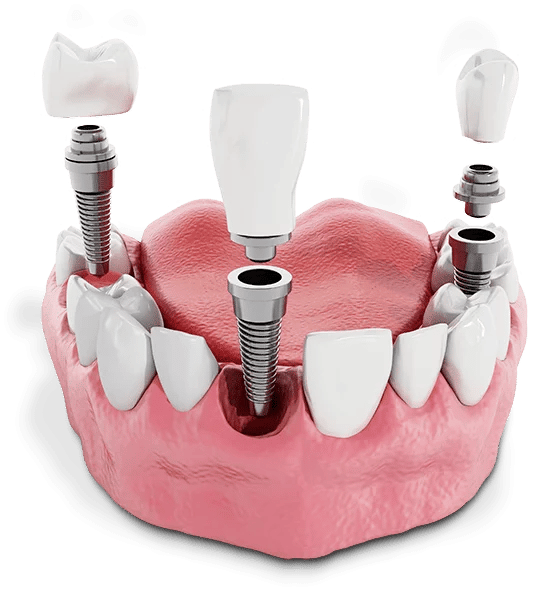
Single Tooth Implants or Multi-Tooth Implant Bridges are the best way to repair failing or missing teeth in a localized area.

A dental implant is a titanium screw that’s placed into your jawbone which serves as the foundation to replace a tooth or teeth.
There are 3 parts to a dental implant:
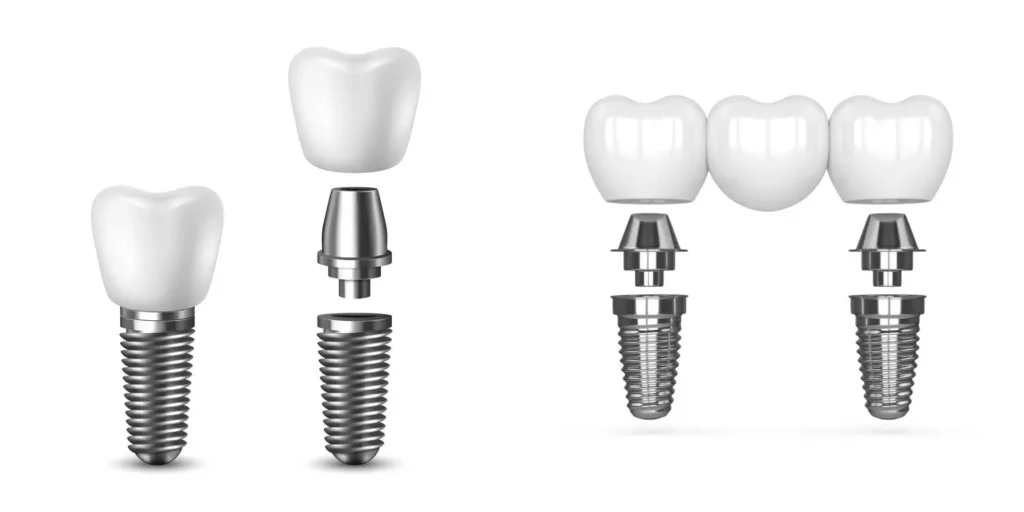
Real smiles from actual patients
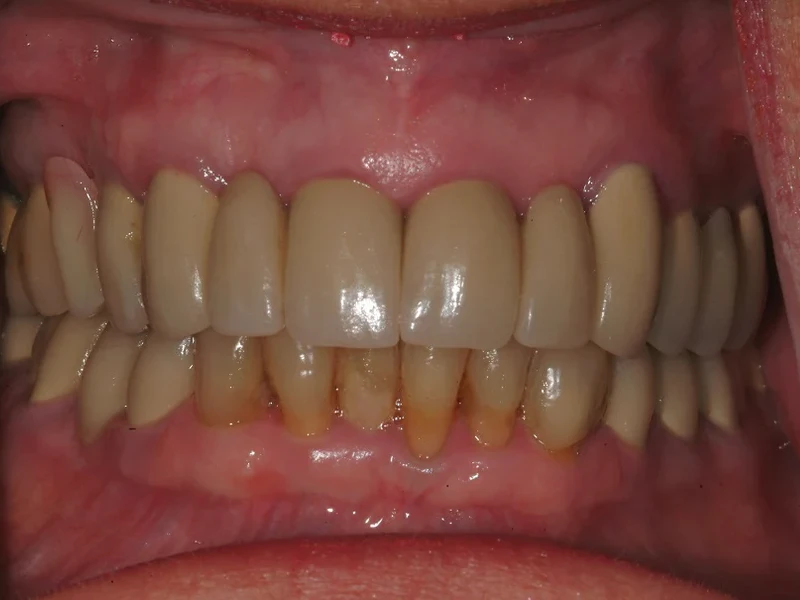
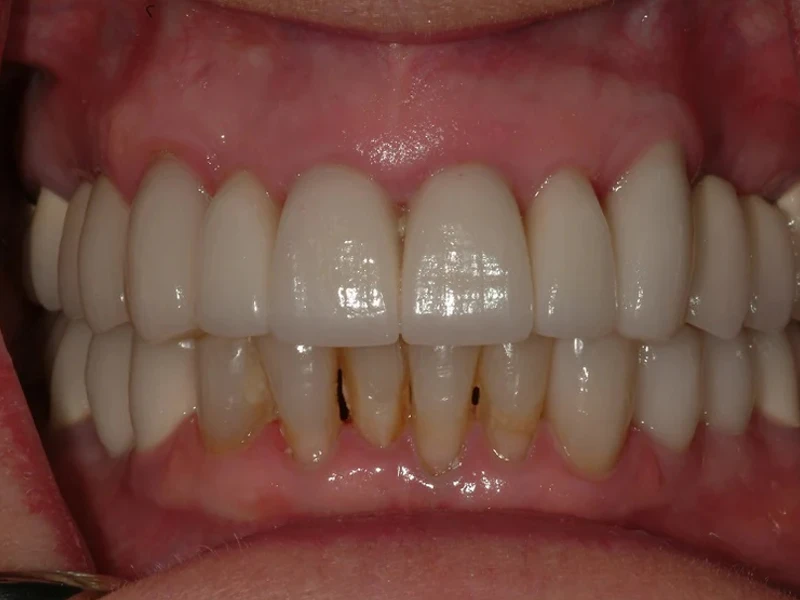
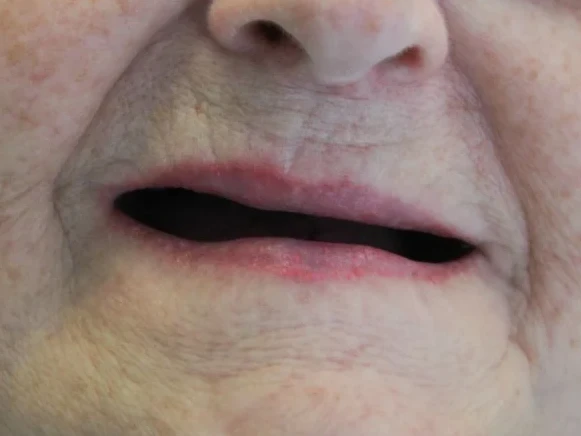
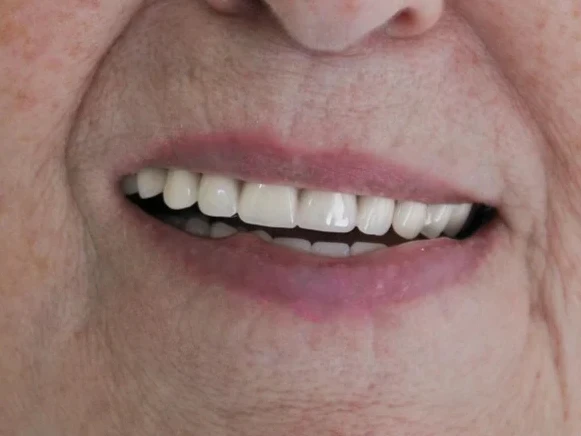
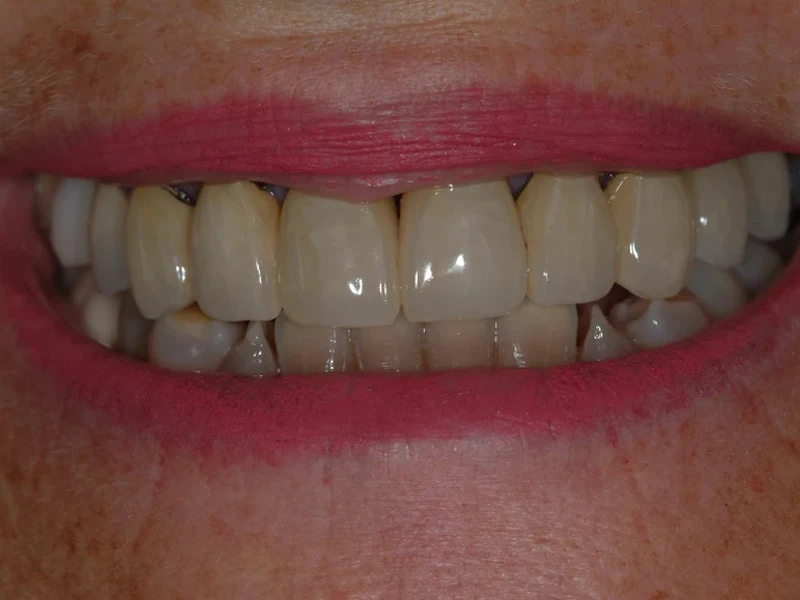
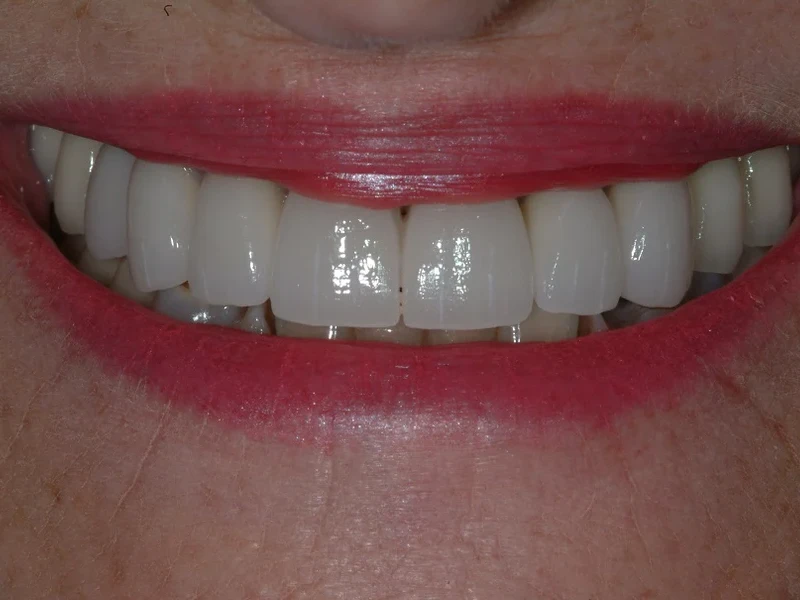
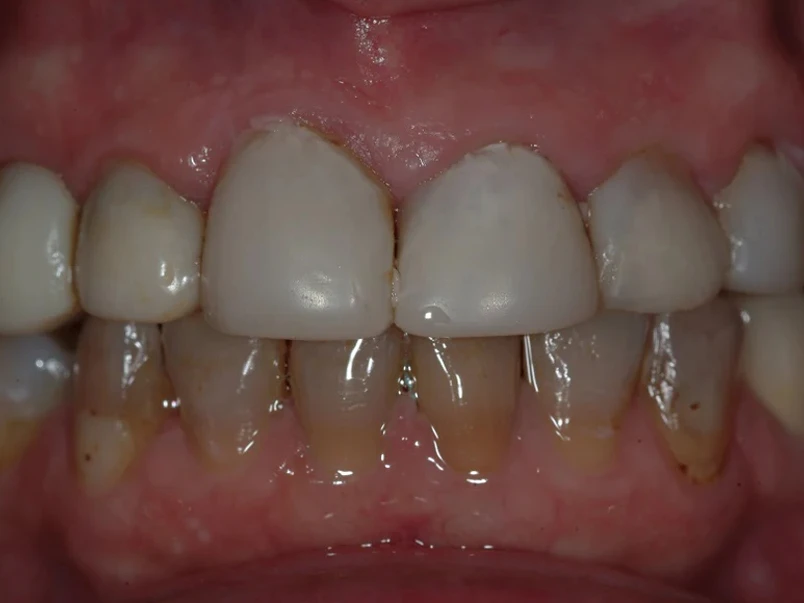
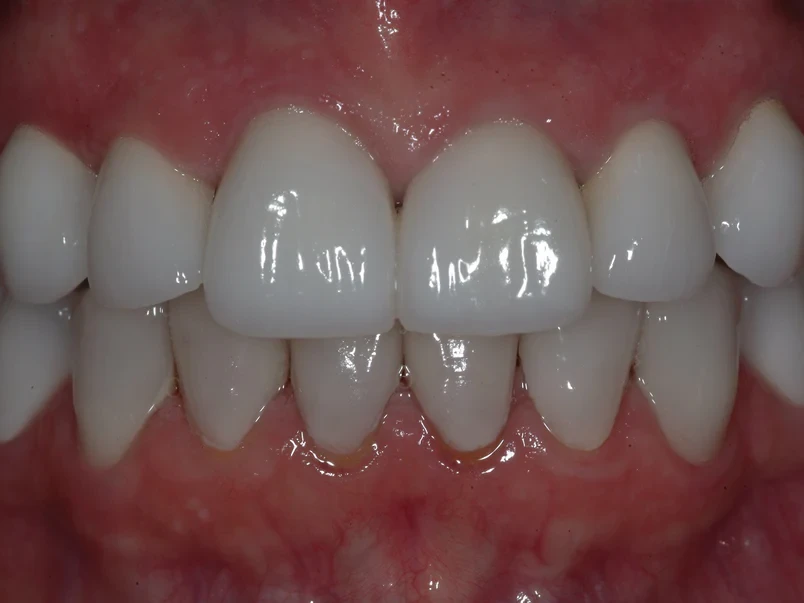
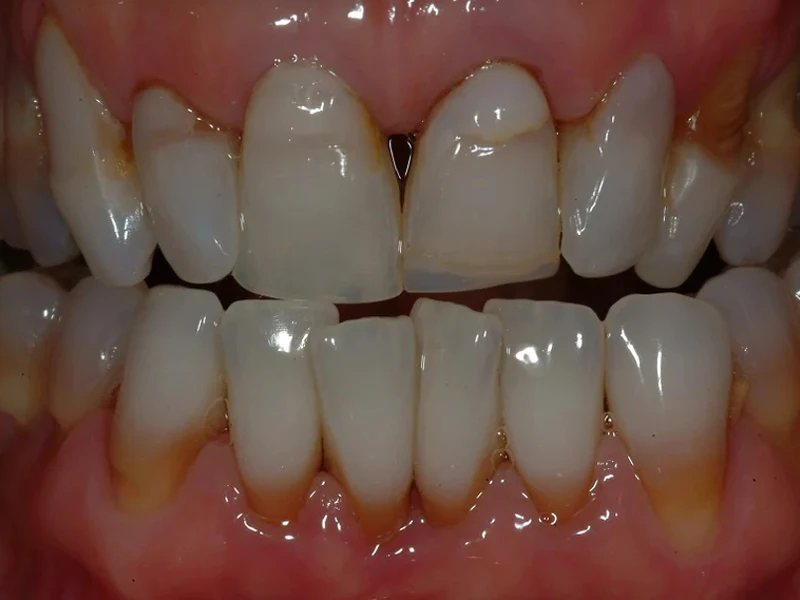
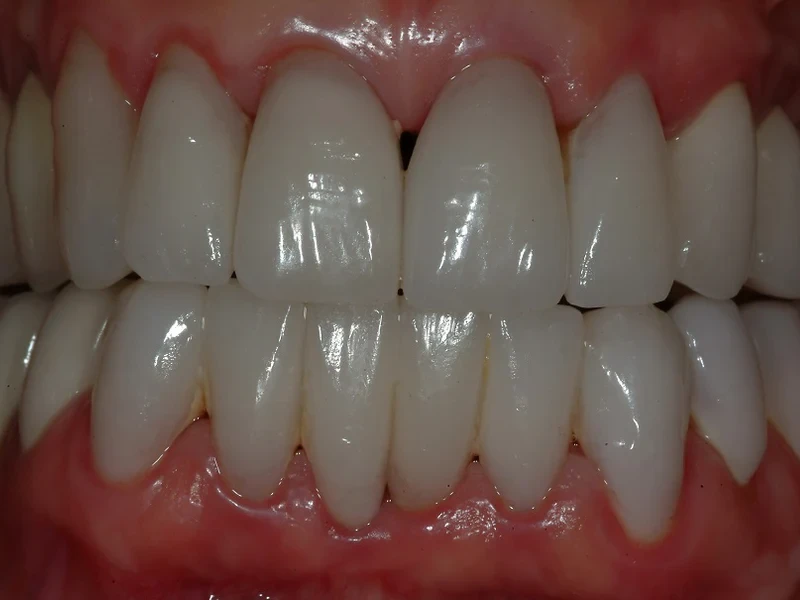
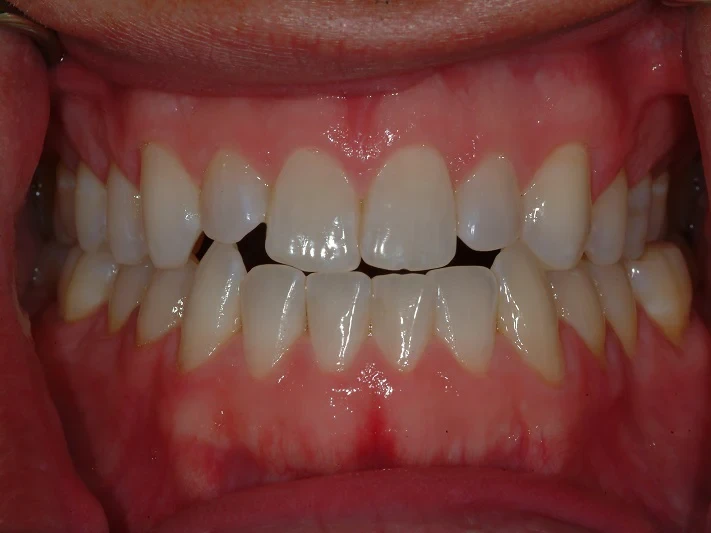
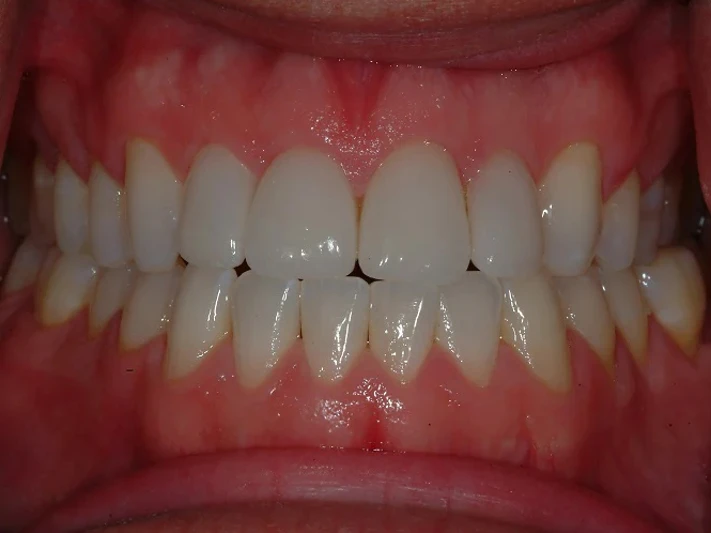
Replaces 1 tooth
Includes the implant body, abutment, and crown
Replaces 3 teeth
Includes 2 implant bodies, 2 abutments, and 3 unit bridge
More cost effective than placing 3 individual implants
Dental Implants are an important investment in yourself. Having the option to break this investment down into monthly payments can help make these life-changing services more accessible and easier to fit into your budget. We work with a variety of financing providers that offer payment plans to cover either all or part of your dental implant procedure. This is a great option for all patients, especially those who are on a fixed income. With these flexible financing options, you can enjoy the benefits of a healthy, beautiful smile without breaking the bank.
Contact us to learn more about our financing options and schedule your Complimentary Consultation with Dr. Patel today!

Proceed Finance has partnered with us to create affordability for patients. They offer lending products that were created to finance dental and medical cases.
LendingPoint is a fast-growing direct lender that makes personal loans of up to $15,000.

United Medical Credit connects you to medical lenders that allow people to pay off medical bills over time.
The need for dental implants depends on several factors, including the number of missing teeth, their location, and the overall condition of your oral health. In some cases, you may require an implant for each missing tooth, while in other situations, alternative solutions may be available.
If you have multiple missing teeth in a row, you may not necessarily need an individual implant for each tooth. In some cases, a dental implant-supported bridge or a partial denture may be recommended. These options involve using fewer implants to support a bridge or denture that spans the gap left by multiple missing teeth.
Ultimately, it is best to consult with our dentist who can evaluate your specific situation. They will consider factors such as your oral health, bone density, and aesthetic goals to determine the most appropriate treatment plan for you.
In some cases it’s possible to place a temporary crown or bridge on an implant on the same day it is placed. This immediate temporary restoration is known as a “same-day implant crown” or “immediate load implant.” However, it is important to note that not all implant cases are suitable for immediate loading.
The feasibility of placing a temporary crown or bridge on the implant immediately depends on various factors, including the quality and quantity of the available bone, the primary stability of the implant, and the overall condition of the surrounding soft tissues. Additionally, the location of the implant in the mouth may also influence the decision for immediate loading.
To determine if you are a candidate for immediate loading and temporary restoration, give us a call today! Our dentist will assess your specific situation, conduct a comprehensive examination, and consider various factors before deciding on the appropriate treatment approach.
The cost of dental implants can vary depending on several factors, including the location of the implant, the materials used, and any additional procedures required. Since each case is unique, it’s important to note that the final cost can only be determined after your consultation.
At Villanova Dental Group & Implant Center, a standard single tooth implant will cost $#### and a standard 3-unit bridge will cost $####.
Keep in mind that the actual cost can vary significantly based on individual circumstances. To get an accurate estimate of the cost of dental implants for your specific situation, schedule a consultation today and our dentist will evaluate your needs and provide a personalized treatment plan and cost estimate for your specific case.
Determining your candidacy for dental implants requires a thorough evaluation by our dentist. They will consider various factors to determine if dental implants are suitable for you. Here are some general factors that are often considered:
To determine if you are a candidate for dental implants, schedule a consultation with our dentist today. They will evaluate your oral health, review your medical history, and conduct any necessary diagnostic tests to determine the most appropriate treatment options for you.
Aftercare for dental implants is important to ensure their long-term success. Here are some key aspects of post-implant placement care:
Each patient’s situation may have unique requirements, and specific aftercare instructions may vary. It’s crucial to follow the guidance provided by our dentist, as they will tailor the instructions to your specific needs. Regular communication with your dental professional is essential to ensure the long-term success and health of your dental implant(s).
Implant teeth are designed to closely resemble natural teeth in terms of appearance and function. The visible portion of the implant-supported tooth, known as the dental crown, is custom-made to match the shape, size, and color of your natural teeth. Dental crowns are typically made from high-quality materials such as ceramic, porcelain, or a combination of materials that mimic the translucency and shine of natural teeth.
The crown is carefully crafted to blend seamlessly with your existing teeth, ensuring a natural and aesthetically pleasing result. It is individually designed to match the color, shape, and alignment of your adjacent teeth, creating a harmonious smile.
The implant itself is typically a small titanium post that is surgically placed in the jawbone. However, since the implant is positioned beneath the gum line and not visible, the focus of the aesthetic restoration is on the dental crown that is attached to the implant.
Implant teeth can provide a highly realistic appearance, offering a natural-looking solution for replacing missing teeth. The goal is to create a smile that is both functional and visually appealing, enhancing your overall dental aesthetics and restoring your confidence in your smile.
Yes, a dental implant is designed to function and feel like a natural tooth. Dental implants are considered one of the most successful and durable tooth replacement options available because they closely mimic the structure and function of natural teeth.
When a dental implant is placed in the jawbone, it fuses with the surrounding bone through a process called osseointegration. This provides a strong and stable foundation for the implant-supported crown or restoration.
The recovery time after a dental implant procedure can vary depending on several factors, including the complexity of the case, the number of implants placed, and individual healing rates. Typically, most people can expect a few days to a week of recovery time before returning to work or normal daily activities. However, it’s important to note that this is a general guideline, and our dentist will provide specific recommendations based on your unique situation.
The process of getting a dental implant generally involves several steps and may span over a few months, depending on individual circumstances. Click here for a general overview of the procedure timeline.
No, implants are integrated in the bone. The design of an implant is similar to a drywall screw but with a special surface treatment optimized for bone healing. Once the implant is integrated it will not come out without some type of surgery.
At Villanova Dental Group & Implant Center, we offer both oral and IV sedation. To learn more about sedation dentistry and our options, click here.
Bleeding after a dental implant procedure is normal and expected. However, the duration and intensity of bleeding can vary from person to person and depends on factors such as the complexity of the procedure, individual healing ability, and adherence to post-operative instructions. To manage bleeding effectively, it is important to follow the post-operative instructions provided by our dentist. These instructions may include:
If you experience excessive or prolonged bleeding, severe pain, or any other concerning symptoms, it is crucial to contact our office for further evaluation and guidance. We will be able to assess your specific situation and provide appropriate recommendations.
Some discomfort or pain is common after a dental implant procedure, but the severity and duration of pain can vary from person to person. The level of discomfort experienced depends on factors such as the complexity of the procedure, individual pain tolerance, and adherence to post-operative instructions. These instructions may include:
If you experience severe or persistent pain, excessive swelling, bleeding, or any other concerning symptoms, you should contact our office for further evaluation and guidance. We will be able to assess your specific situation and provide appropriate recommendations to alleviate your discomfort.
While dental implants have a high success rate, it is possible for them to fail in some cases. The failure rate for dental implants is generally low, ranging from 2% to 5%. However, several factors can contribute to implant failure. Infection, hygiene, insufficient bone support, smoking, neighboring tooth infection, and systemic health factors such as diabetes can all be major risk factors that contribute to an implant failing. It is recommended that you follow our post-operative instructions to ensure that you do everything in your power to have a successful implant therapy.
The process typically takes around 6 months from start to finish.

Our patients are our biggest fans. Here are a few highlights from our public reviews.
Monday
8:30AM – 5:00PM
Tuesday
10:00AM – 7:00PM
Wednesday
9:00AM – 6:00PM
Thursday
8:00AM – 5:00PM
Friday
CLOSED
Saturday
CLOSED
Sunday
CLOSED
We are happy to help you book an appointment, schedule a Complimentary Consultation for dental implants, or answer your questions. Please fill out our contact form and we will get back to you shortly!

Your Complimentary Virtual Consultation will include:
After your virtual consultation, we will invite you to schedule a complimentary in-person consultation with Dr. Patel so he can take x-rays and make a final determination on your treatment options.